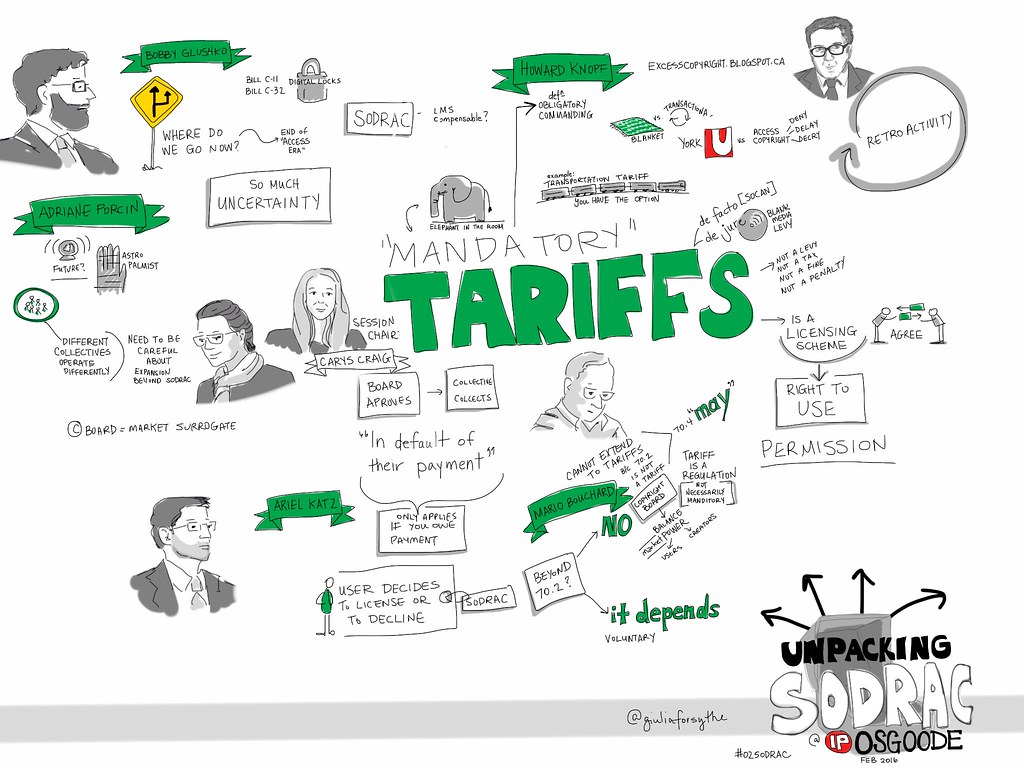Key Takeaways:
- The U.S. imposed tariffs on Canada, Mexico, and China.
- These countries retaliated with their own tariffs.
- The Dow fell nearly 650 points due to trade tensions.
- The U.S. delayed tariffs on Mexico for some goods.
- These three countries are the U.S.’s top trade partners.
President Trump recently announced tariffs on three major U.S. trade partners: Canada, Mexico, and China. This move has sparked a trade war, with these countries fighting back by imposing tariffs of their own.
What Happened?
On Tuesday, the U.S. placed a 25% tariff on goods from Canada and Mexico and a 35% tariff on goods from China. Tariffs are like taxes on imported goods, making them more expensive for consumers.
These countries didn’t take long to retaliate. China, for example, blacklisted 20 U.S. companies, essentially cutting off trade with them. Canada and Mexico also introduced their own tariffs on U.S. goods.
Earlier today, Trump announced a delay on tariffs for Mexico, but only for goods that comply with the USMCA agreement. This is a trade deal between the U.S., Mexico, and Canada that aims to promote fair trade.
Meanwhile, the stock market took a hit. On Monday, the Dow Jones Industrial Average dropped nearly 650 points. Investors are worried about the impact of these tariffs on the economy.
How Did the Markets React?
The stock market plunge shows how nervous investors are about a possible trade war. When countries impose tariffs on each other, it can lead to higher prices for goods, slower economic growth, and even job losses.
The Dow dropping 650 points in one day is a significant decline. It reflects fears that these tariffs could hurt U.S. businesses and consumers.
What Do These Countries Mean to the U.S.?
Canada, Mexico, and China are the top three export markets for the U.S. They buy a lot of American goods, like cars, machinery, and agricultural products. Together, they account for 40% of U.S. imports.
This means the tariffs could have a big impact on the U.S. economy. If these countries retaliate, American companies might struggle to sell their products abroad. Consumers could also face higher prices on imported goods.
What’s Next?
The situation is still developing. Trump’s decision to delay tariffs on Mexico for USMCA-compliant goods might ease tensions a bit, but the overall trade war remains a concern.
Experts say this could lead to a longer conflict, with no clear winner. The hope is that the U.S. and its trade partners can negotiate fair agreements that benefit everyone.
How Does This Affect You?
If you’re buying goods like electronics, cars, or clothes, you might notice higher prices soon. Companies could pass the cost of tariffs on to consumers.
Farmers and businesses that rely on exports might also struggle if other countries stop buying American products.
What Are Tariffs, Anyway?
If you’re not sure what tariffs are, here’s a simple explanation: Tariffs are taxes on imported goods. They’re like extra fees added to products when they cross borders.
For example, if the U.S. imposes a 25% tariff on Canadian lumber, it makes Canadian lumber more expensive for American buyers. This can make U.S.-made lumber more attractive, but it also means higher costs for consumers.
Tariffs are often used to protect local industries by making imported goods more expensive. But they can also lead to retaliation, as we’re seeing now.
The Bigger Picture
Trade wars like this one can have long-term effects on the economy. They can slow down growth, lead to job losses, and even affect global markets.
The U.S. and its trade partners are hoping to find a solution that works for everyone. Until then, businesses and consumers are bracing for the impact.
Let us know what you think about this ongoing trade war in the comments! Are you worried about the tariffs? How do you think this will affect you?
